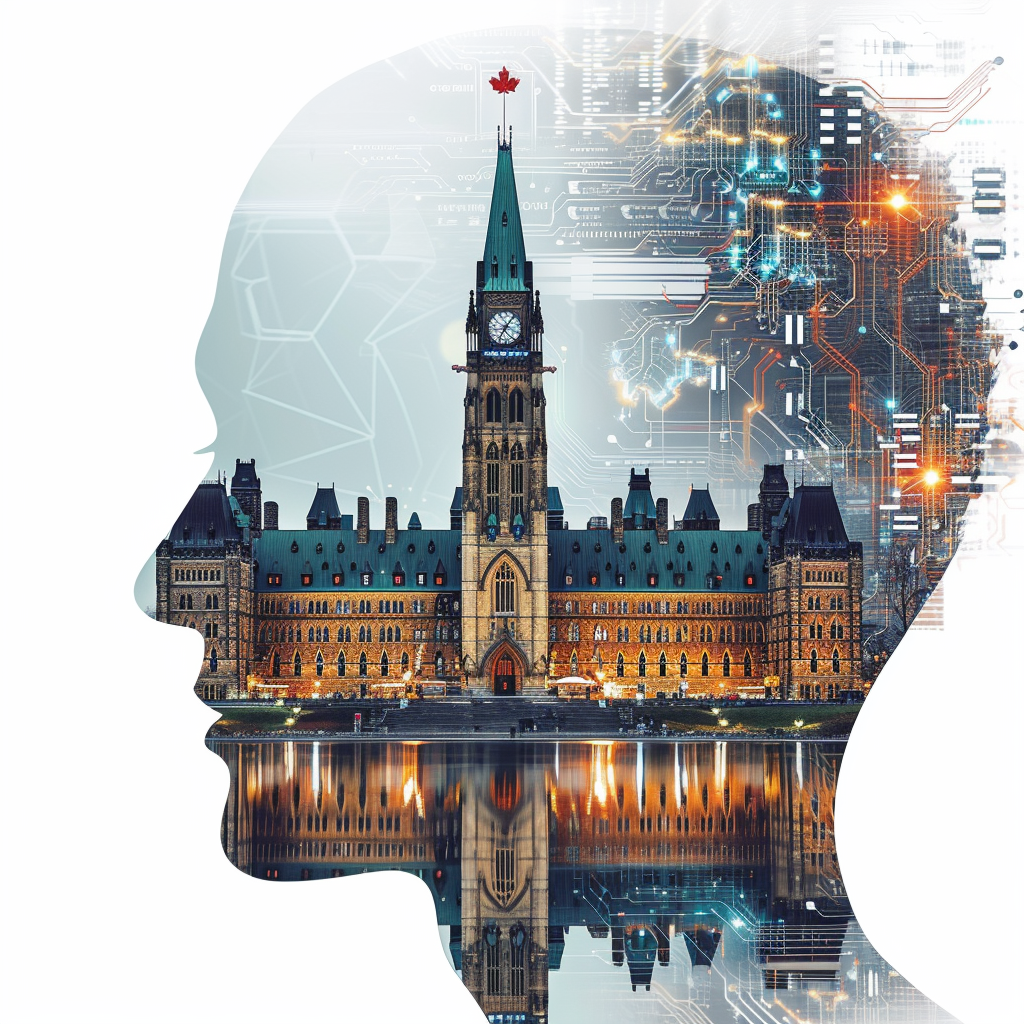Artificial Intelligence in Canadian Politics
AI in the Political Arena: Unpacking the Complexities and Consequences
In an era where artificial intelligence (AI) is rapidly transforming various sectors, its integration into the political landscape is both intriguing and concerning. A recent discussion led by Dr Elizabeth Dubois was designed to promote a new report issued by the Pol Comm Tech Lab at the University of Ottawa titled "The Political Uses of AI in Canada."
Evolving Definitions and Applications of AI:
The discussion opened with an emphasis on the fluid definition of AI, a term that encompasses technologies like machine learning, natural language processing, and generative AI. In political campaigns, AI's role is increasingly prominent, from micro-targeting voters to creating synthetic content for campaign materials. This evolution raises critical questions about the ethical use of AI and the need for clear norms and disclosure requirements.
AI's Double-Edged Sword in Elections:
One of the most striking aspects of the conversation was the exploration of AI's use during elections. While AI can enhance campaign strategies through personalized messaging and social listening, it also poses risks, particularly in spreading misinformation. The panelists discussed examples where AI-generated content, like endorsements, were used in campaigns, blurring the lines between authenticity and fabrication.
The Misinformation Challenge:
A significant portion of the discussion centered on AI's role in generating and disseminating misinformation. The experts highlighted the difficulty in tracking and countering synthetic content, which can erode public trust in democratic processes. This challenge underscores the need for robust mechanisms to identify and mitigate the spread of false information.
AI Beyond Election Cycles:
Interestingly, the conversation also covered AI's application outside of election periods. Tools like AI-enabled lobbying bots and translation services can facilitate ongoing political engagement and broaden inclusivity. However, these applications also come with their own set of ethical considerations, particularly regarding representation and authenticity.
Researching AI in Politics:
The panelists shared their experiences in researching AI's political applications, noting the challenges in defining AI and identifying its covert uses. This part of the discussion illuminated the complexities involved in studying a technology that is constantly evolving and often used discreetly.
The Road to Regulation:
Concluding the discussion, the experts emphasized the need for regulation, such as Canada's Bill C-27, to address AI's challenges in politics. However, they acknowledged that regulation alone is not a panacea. A comprehensive approach, including public education, ethical guidelines, and transparency, is crucial for harnessing AI's potential in politics responsibly.
Conclusion:
The integration of AI into politics is a reality that comes with both opportunities and challenges. As we navigate this new terrain, the insights from this discussion highlight the importance of ethical considerations, transparency, and regulation. As AI continues to reshape the political landscape, it is imperative that we remain vigilant and proactive in ensuring that these technologies serve to enhance, rather than undermine, our democratic processes.
Stay informed and engaged in this crucial conversation about AI and politics. Your voice and understanding in this evolving landscape are more important than ever.


